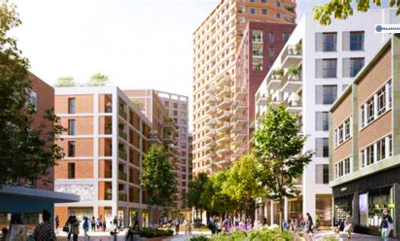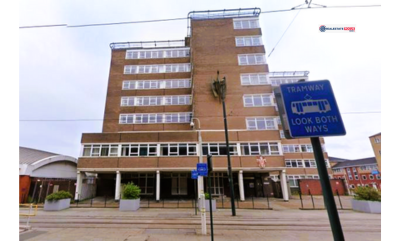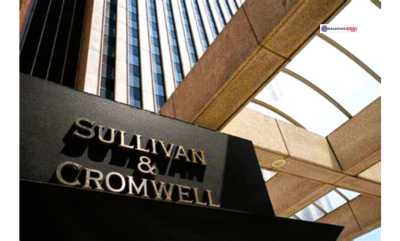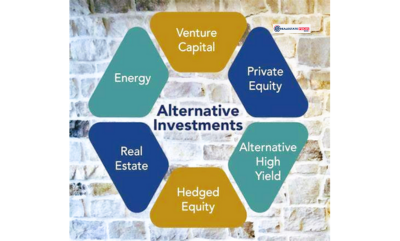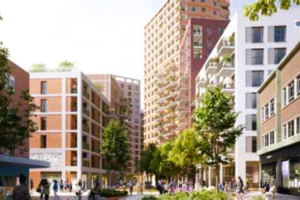

High Stakes: Navigating Gating Issues in New York’s Cannabis Retail Real Estate Boom
Since legalizing recreational cannabis in March 2021, New York State has seen explosive growth in its cannabis industry with over 1,600 licenses issued and more than 560 designated for retail dispensaries. Yet, despite the momentum, the road to opening a cannabis dispensary is paved with more than just entrepreneurial ambition. It requires expert navigation of one of the industry’s most complex and competitive battlegrounds: real estate.
As of May 2025, 386 dispensaries have officially opened their doors. That leaves nearly 175 licensed operators still stuck somewhere in the approval pipeline, many of whom are likely still hunting for a compliant and approvable location. And for every potential site, a series of “gating issues” must be addressed before a lease is signed or a door opens. These are the often unseen but mission-critical hurdles that can make or break a cannabis retail venture before it even begins.
1. Municipal Opt-Outs: Is Your Market Even Open?
New York’s Marijuana Regulation and Taxation Act (MRTA) allows municipalities to opt out of hosting cannabis retail dispensaries. While many major cities embraced the new industry, dozens of smaller towns and suburban areas chose not to participate. For dispensary operators, confirming whether a targeted municipality allows cannabis retail is the first checkpoint. The Marijuana Opt-Out Tracker is an essential tool in this stage of site selection.
2. Zoning: It’s All About the “Green Zones”
Even in municipalities that permit dispensaries, zoning regulations dictate where these businesses can be located. These “green zones” are areas where cannabis sales are explicitly permitted. Before committing to a location, operators must verify that a property sits within a compliant zone, a step that typically requires reviewing zoning maps, contacting code enforcement officers, and analyzing online municipal code databases.
3. Setbacks: Keep Your Distance
Physical proximity to sensitive locations is another legal landmine. Dispensaries must maintain specific distances from:
- Houses of worship: at least 200 feet
- Schools and public youth facilities: at least 500 feet
- Other dispensaries: anywhere from 1,000 to 2,000 feet, depending on municipal population
Failing to comply with these setback rules can disqualify an otherwise ideal site. The Office of Cannabis Management’s site locator map is an indispensable resource for visualizing these restrictions.
4. Landlord and Lender Limitations
Cannabis remains a Schedule I controlled substance under federal law, creating headaches for landlords with federally regulated mortgages. Some lenders may prohibit cannabis operations outright, regardless of state legality. Before leasing a property, it’s crucial to confirm that the landlord’s lender allows cannabis uses or risk having the lease nullified by a third-party interest.
5. Restrictions in Existing Tenant Leases
In multi-tenant commercial properties, restrictive covenants buried in existing leases may prohibit “sin businesses,” a category that often includes cannabis dispensaries. Such clauses can derail a deal late in the process and should be reviewed early in negotiations.
6. Insurance Hurdles and Hidden Costs
Not all insurance carriers are cannabis-friendly. Even when coverage is possible, it often comes with a premium. In single-tenant properties, operators may simply absorb the full cost. But in multi-tenant buildings, landlords typically pass on higher premiums to all tenants based on square footage. That added cost can tip the scales in financial projections and should be factored into the economic evaluation from the start.
The Road Ahead: A Long-Term Need for Site Selection Expertise
With more than 2,000 dispensary license applications still pending, demand for qualified cannabis real estate is expected to remain intense. While not all applications will be approved, the clear message is that dispensary site selection is no longer a niche concern, it’s an industry necessity.
Successful cannabis real estate strategy requires more than finding a space that “looks good.” It requires a comprehensive understanding of zoning laws, regulatory compliance, financial liabilities, and legal landmines. For dispensary operators, advisors, and brokers alike, developing this expertise could be the difference between launching a thriving business or watching it go up in smoke.




